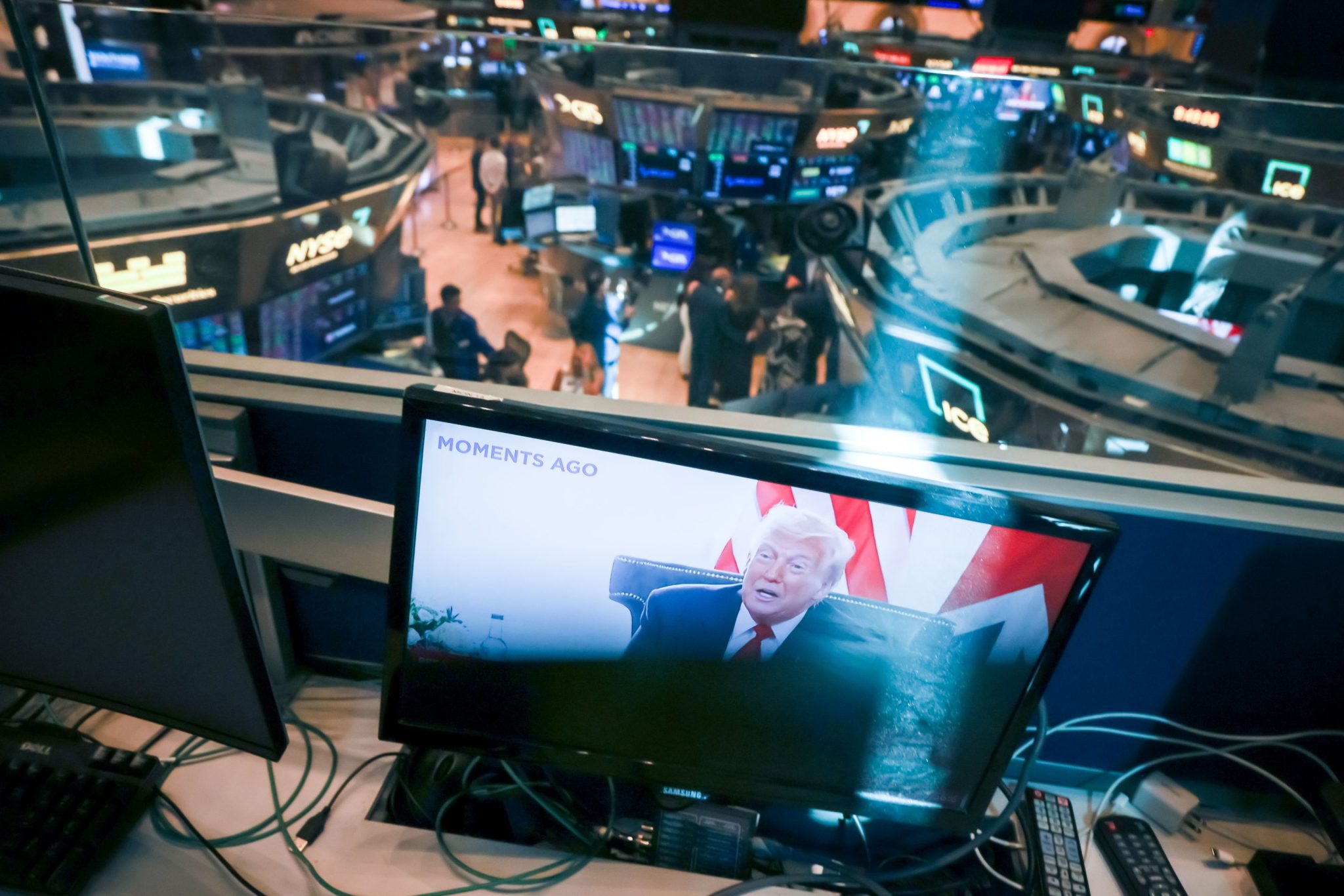The problem with taxing the rich
NegativeFinancial Markets

The article discusses the challenges of taxing the wealthy, highlighting that traditional fiscal systems focused on income and consumption often fail to effectively capture the vast wealth held by billionaires. This issue is significant as it raises questions about equity in taxation and the ability of governments to fund essential services, especially when the ultra-rich can easily relocate to more favorable tax environments.
— Curated by the World Pulse Now AI Editorial System









